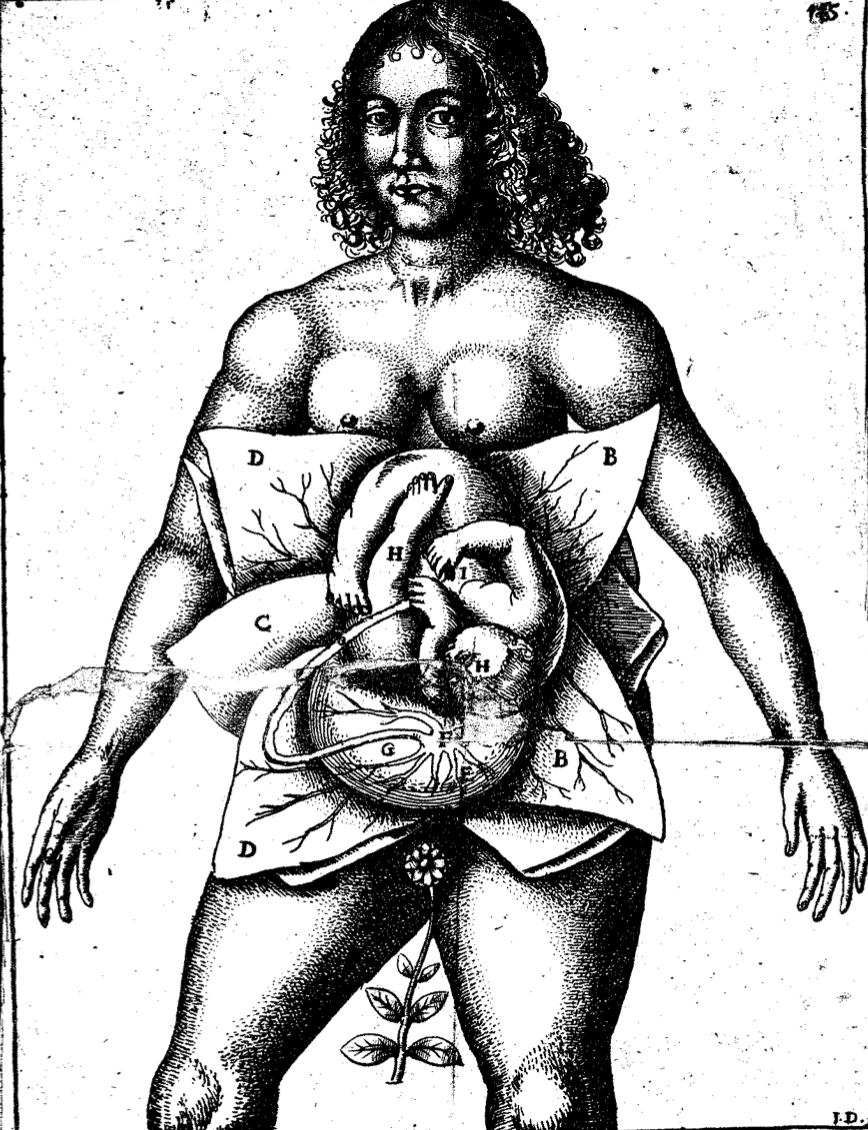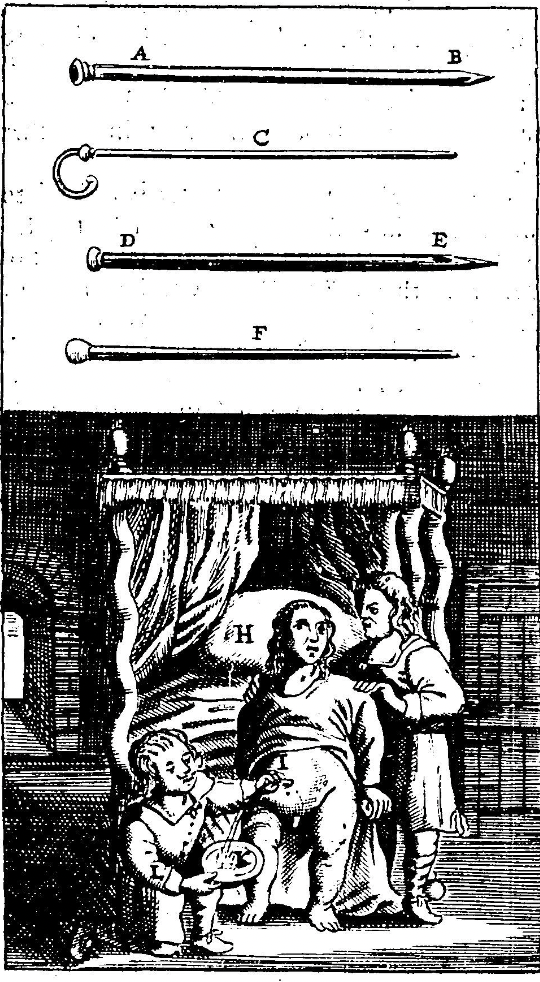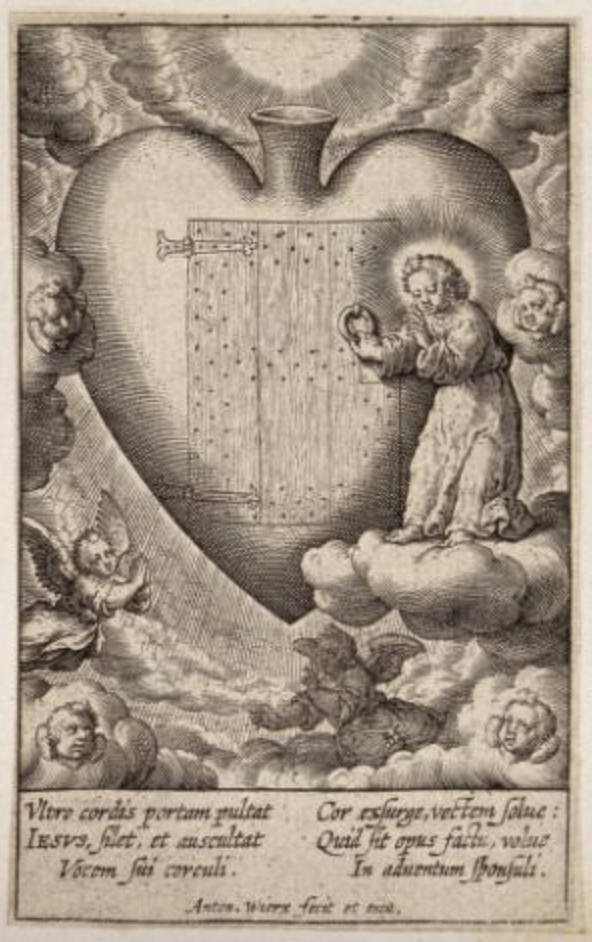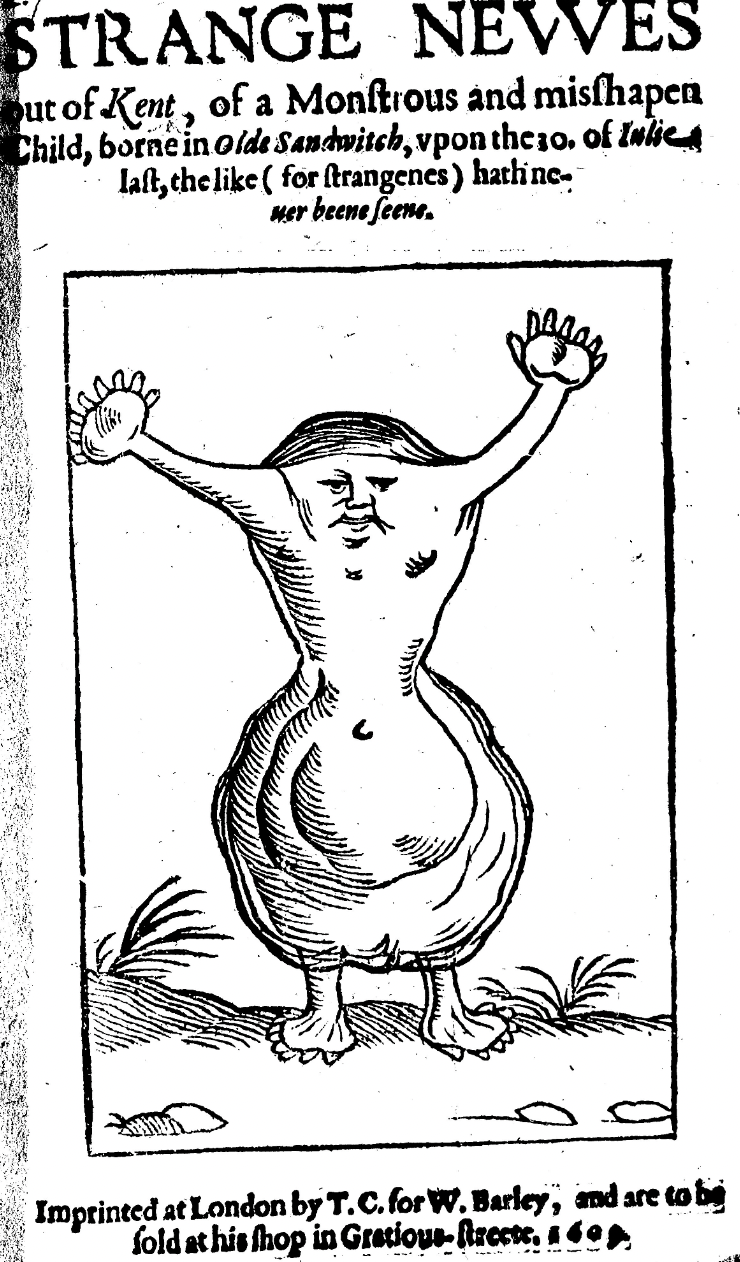The Early Modern Body (HI3T3)
Module Convener: Dr Sophie MannLink opens in a new window
Office: Rm 3.53, third floor, Faculty of Arts Building
Email: S.Mann.2@warwick.ac.uk
Term-Time Office Hours: Tuesday 10-11 (Online), Thursday 1-2 (In Person)
Seminar Times: Thurs at 11-1pm and 2-4pm.
Module description
The body has become a central theme in social and cultural history. This 30 CATS final-year module explores the topic within early modernity c.1500-1750. While our principal geographical focus will be England, we will regularly draw comparisons with other European countries, namely Italy, Spain and France. Just like today, early modern men and women exhibited a profound preoccupation with the body. They lived in their bodies as we live in ours, but the meanings they assigned to this mysterious phenomenon were very different. The module proceeds from the assumption that bodily events are deeply cultural phenomena, powerfully mediated by historical context. It therefore seeks to uncover the conception and experience of a distinctly pre-modern body, and encourages students to think about how these attitudes differ from, and are comparable to, those held today. We will consider how the early modern body was conceived and experienced in various states such as pregnancy, sickness and death. We will explore how bodies were treated in particular contexts: judicial, penal, epidemical. Cases of dissection will reveal what it meant to open and inspect a human corpse. Stories of bodies marked by supernatural and occult forces will illuminate a world where human beings were conceived as ‘ensouled’, and fundamentally linked to the motions of the superlunary and heavenly spheres. We will trace the meaning of bodily functions such as feeling and sensing. We look at how sexual and racial difference was constructed. Studying a period of major religious, intellectual and political upheaval, we also explore how these changes produced shifts in the understanding and significance of the body.
Seminars will draw on a variety of rare and fascinating primary sources including natural philosophical, medical, religious and didactic texts, as well as court records, diaries, letters, medical recipe books and doctors' casebooks. We will explore what this material can reveal about the manifold ways in which early modern people understood and experienced the corporeal world. We will also consider how foregrounding ‘the body’ provides an optic through which to explore broader historical themes such as power, identity and the human condition.




Images: Early English Books Online and Wellcome Digital Holdings.
